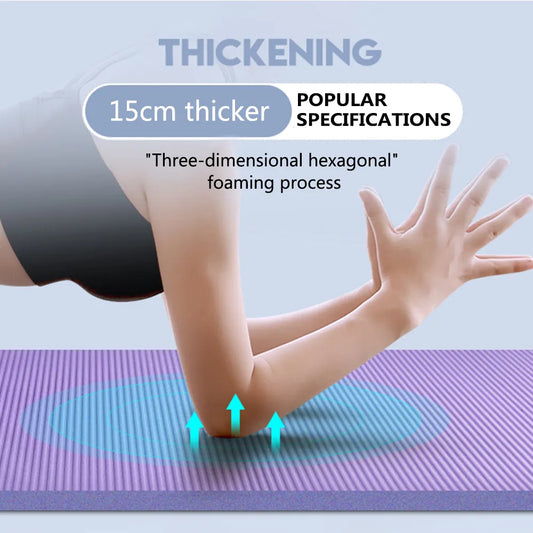Meditation and concentration are closely related practices that cultivate focus, awareness, and mental clarity. While they share similarities, they also have distinct characteristics and purposes. Here's an overview of meditation and concentration:
-
Meditation:
- Definition: Meditation is a practice of training the mind to cultivate present-moment awareness, inner peace, and emotional balance. It involves observing thoughts, sensations, and emotions without attachment or judgment, allowing them to arise and pass away naturally.
- Techniques: There are various meditation techniques, including mindfulness meditation, loving-kindness meditation, guided visualization, and mantra meditation. Each technique offers a unique approach to cultivating awareness, compassion, and insight.
- Benefits: Meditation offers numerous benefits for mental, emotional, and physical well-being, including stress reduction, enhanced self-awareness, improved focus and concentration, increased emotional resilience, and a greater sense of inner peace and contentment.
-
Concentration:
- Definition: Concentration is the ability to focus the mind on a single object, thought, or task with sustained attention and mental effort. It involves directing one's awareness and energy towards a specific point of focus, excluding distractions and cultivating mental clarity and stability.
- Techniques: Concentration techniques include focusing on the breath, repeating a mantra or affirmation, visualizing a specific image or symbol, or engaging in single-pointed attention practices such as candle gazing or counting breaths.
- Benefits: Concentration practices help improve cognitive function, memory, and learning abilities by strengthening the mind's capacity to sustain attention and resist distractions. They also promote mental discipline, creativity, and problem-solving skills.
While meditation and concentration are distinct practices, they often complement each other and are often integrated into mindfulness practices. Here's how they relate to each other:
- Integration: Meditation often incorporates elements of concentration, as practitioners may use a specific focal point, such as the breath or a mantra, to anchor their attention and cultivate mindfulness. Concentration practices, in turn, can serve as a gateway to deeper states of meditation by quieting the mind and facilitating inner stillness and awareness.
- Mutual Enhancement: Regular meditation practice can enhance concentration skills by training the mind to remain focused and present amidst distractions. Similarly, developing concentration skills can deepen meditation practice by strengthening the ability to sustain attention and deepen states of absorption and insight.
- Synergy: By integrating meditation and concentration into a holistic practice, individuals can experience greater mental clarity, emotional balance, and spiritual awakening. The synergy between these practices helps cultivate a deeper sense of presence, mindfulness, and connection to the present moment and the world around us.
In summary, meditation and concentration are complementary practices that cultivate focus, awareness, and inner peace. By incorporating both practices into your daily routine, you can enhance your mental clarity, emotional resilience, and overall well-being, leading to a more balanced and fulfilling life.




















